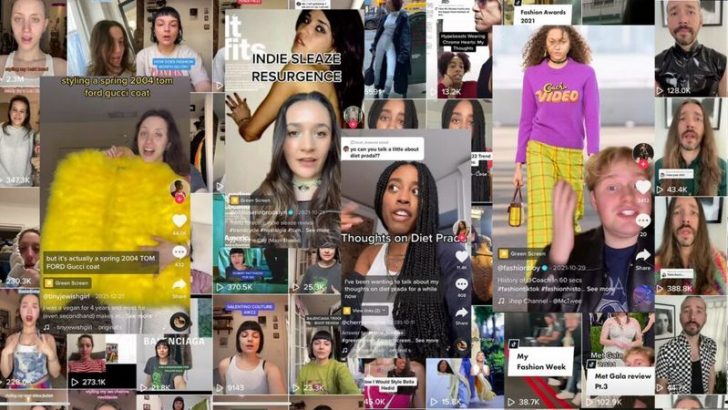Gen Z, the cohort born between the mid-to-late 1990s and early 2010s, is often at the center of cultural shifts and societal changes. From digital trends to lifestyle quirks, their habits can sometimes be puzzling to those from older generations. While many of these behaviors are harmless, some have become repetitive topics of discussion. Whether it’s their unique approach to social media or their evolving work ethic, these habits are reshaping norms in unexpected ways. But amid the constant chatter, certain patterns have worn out their welcome, leaving many of us eager for new narratives.
1. The TikTok Obsession

TikTok has become a central platform for Gen Z, transforming how they consume and create content. This obsession isn’t just about dance challenges or viral trends; it’s a dynamic community fostering creativity. However, the constant need to film every moment and chase the next viral hit can be exhausting. How often do we see ‘TikTok made me buy it’ products? It’s a cycle of fleeting fame and repetitive content. Still, it’s an undeniable force in digital culture. Remember Vine? TikTok is its hyperactive successor with a potentially similar fate.
2. Cancel Culture
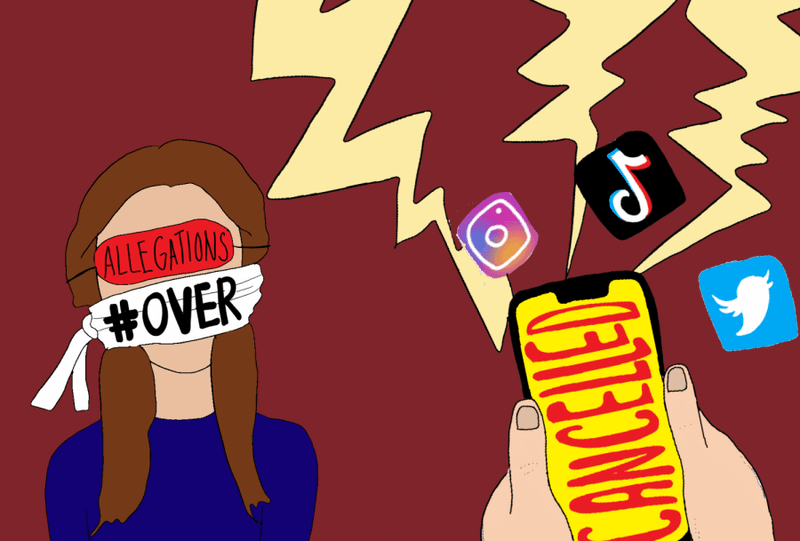
Cancel culture emerged as a tool for accountability, empowering voices to challenge unacceptable behavior. Among Gen Z, it has become a double-edged sword. While it amplifies marginalized voices, it can also lead to hasty judgments. It’s a digital witch hunt, where one misstep can lead to widespread condemnation. The stakes are high, and the fear of being canceled looms large. Yet, it’s also a space for learning and growth. Balance is key, and understanding context is crucial.
3. Sustainability Overload
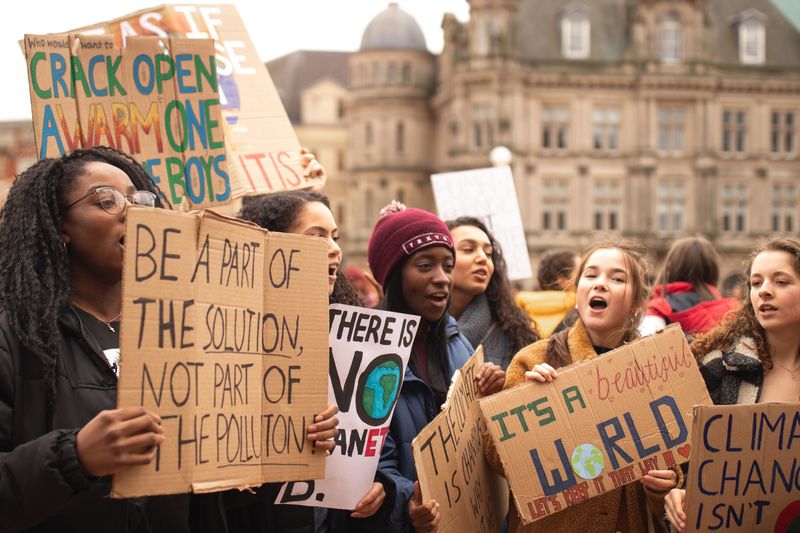
Sustainability is a buzzword among Gen Z, embodying their commitment to the planet. From thrifting to zero-waste living, it’s more than just a trend. This eco-conscious ethos is admirable but can sometimes feel overwhelming. The pressure to live perfectly sustainable lives is immense, and not everyone can keep up. Yet, the intent is genuine, and change is happening incrementally. It’s a reminder that every little effort counts, even if perfection isn’t achievable.
4. Digital Activism

Digital activism is how Gen Z voices their concerns, using platforms like Twitter and Instagram to rally for change. It’s a powerful tool, but the overload of causes can dilute impact. Hashtags come and go, but sustained commitment is what drives real change. While the instant connectivity is a boon, there’s a risk of slacktivism—supporting a cause without taking tangible action. Nonetheless, the passion is palpable, and it’s reshaping traditional activism.
5. Work-Life Balance Redefined
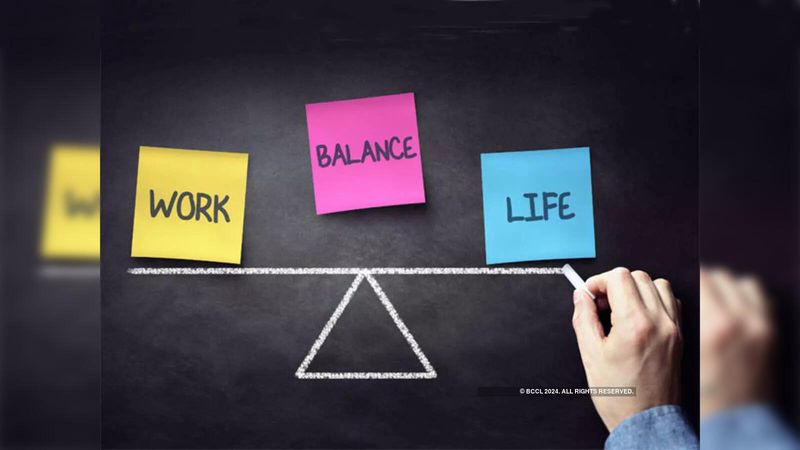
Gen Z is redefining work-life balance, prioritizing mental well-being over traditional careers. Remote work and flexible schedules are the new norm, but there’s a fine line between balance and burnout. The pursuit of passion projects over stability is intriguing yet risky. This shift challenges old paradigms, demanding workplaces adapt. It’s not just about clocking hours; it’s about meaningful engagements. This redefinition is refreshing, but can it sustain in the long run?
6. The Rise of Influencers

Influencers are the new celebrities, and Gen Z is leading the charge. This rise has transformed marketing and brand engagement. Yet, the line between authenticity and performance often blurs. Influencers wield significant power, shaping opinions and trends, but the pressure to maintain relevance is immense. It’s a world where popularity equates to influence, and content is commodified. While some thrive, others struggle with the relentless pace.
7. Technology Dependence

Technology is inseparable from Gen Z’s daily life, offering convenience and connectivity. However, this dependency can be overwhelming, with constant notifications and screen time affecting mental health. The challenge is finding balance in a tech-saturated world. It’s a double-edged sword: a gateway to information and a source of distraction. As technology continues to evolve, so too must the approach to managing its impact.
8. Instant Gratification

Instant gratification is a defining trait of Gen Z, shaped by digital immediacy. From streaming services to fast fashion, the expectation for quick results is prevalent. This mindset extends to career and personal growth, where patience is scarce. The challenge lies in balancing this desire with the reality that some things take time. It’s a cultural shift, driven by technology, that demands thoughtful navigation.
9. Non-Traditional Education
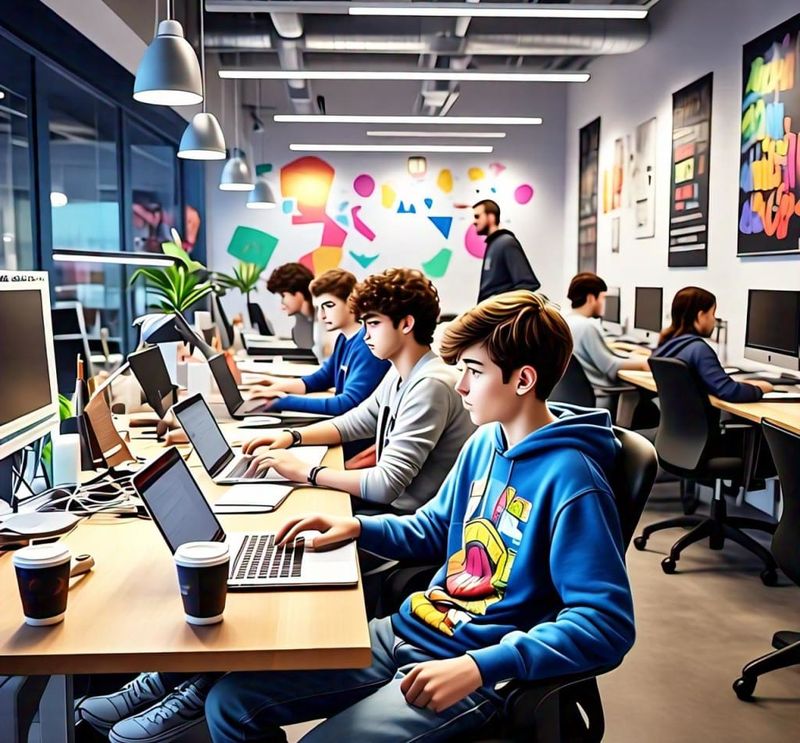
Gen Z is challenging traditional education, embracing online learning and unconventional paths. The rise of MOOCs and certification courses reflects this shift. However, the lack of structured guidance can be daunting. This approach fosters independence but requires self-discipline. As education evolves, so too must the strategies to support diverse learning styles. It’s a revolution in how knowledge is acquired and applied.
10. Authenticity Over Perfection
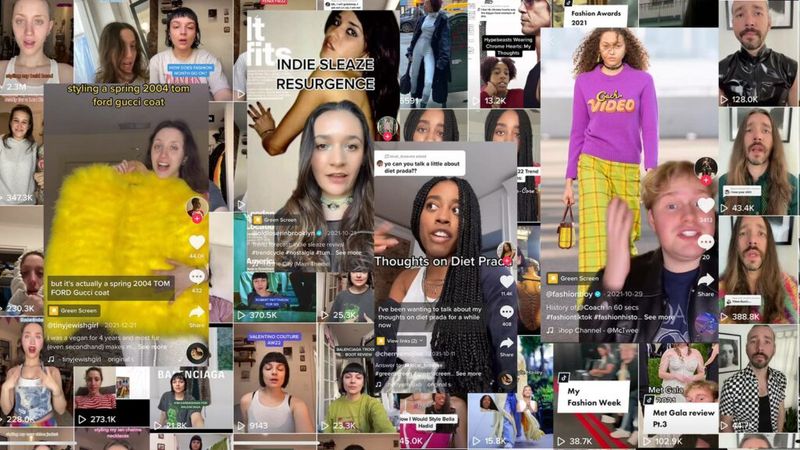
Authenticity is prized by Gen Z, valuing real-life imperfections over curated perfection. This shift has influenced social media, where unfiltered moments resonate more than polished posts. The challenge is maintaining boundaries between personal and public life. It’s a refreshing change, but not without its pitfalls. Authenticity can sometimes blur into oversharing, requiring a delicate balance.
11. Flexible Identity

Gen Z embraces a fluid sense of identity, rejecting rigid labels. This flexibility allows for personal growth and exploration, but can also lead to identity crises. The freedom to redefine oneself is liberating but can be overwhelming. It’s a landscape of endless possibilities, demanding introspection and resilience. Embracing diversity is key, challenging norms and expanding horizons.
12. Mental Health Awareness

Mental health is no longer taboo among Gen Z, who openly discuss their struggles. This transparency fosters understanding and reduces stigma, but the line between awareness and overdiagnosis is thin. The focus on self-care and mental well-being is vital, yet it requires a nuanced approach. It’s a cultural shift reshaping how mental health is perceived and addressed. The dialogue continues, advocating for comprehensive support systems.

Well, hello there!
My name is Jennifer. Besides being an orthodontist, I am a mother to 3 playful boys. In this motherhood journey, I can say I will never know everything. That’s why I always strive to read a lot, and that’s why I started writing about all the smithereens I came across so that you can have everything in one place! Enjoy and stay positive; you’ve got this!

